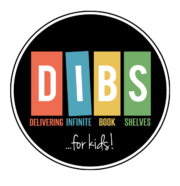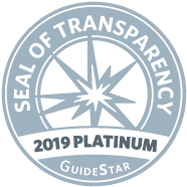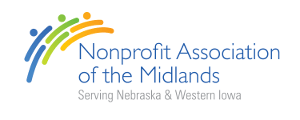Frequently Asked Questions
Please reach out to us via our Contact Form.
No. DIBS is seen by many of our teachers and school librarians as a complement to the existing book lending options that schools already have in place. While DIBS provides students with leveled books that they can easily check-out daily and directly from the classroom, school libraries provide a breadth of educational books, topics, and resources that DIBS can’t match. For this reason, we believe the routine of daily reading through DIBS builds necessary excitement for reading at a young age. Then, school and public libraries expand students’ reading options.
Simply put, DIBS + the power of a school and public library = world-class reading options for all students
At DIBS, we work closely with our partner schools and teachers to design ways that they can formally and informally check-in with students about their reading. In many cases, this is as simple as a teacher making a habit of asking one or two students each day about their DIBS books. Through this simple intervention, teachers get a good grasp on which students are reading their books versus which students are keeping their books in their backpacks, as well as students’ level of reading comprehension.
Controlled tests of these check-ins have shown that over 97% of students that take DIBS books home report they have read their books, and 74% of students can also provide an explanation of their DIBS book that shows partial or excellent understanding of the book.
No. Although e-readers provide more ‘books’ than a classroom library, DIBS believes physical books cultivate student passion for reading in a way unmatched by e-books, especially in settings where access to digital devices is limited.
Further, e-readers are less able to instill both an emotional and physical attachment to books. That connection is especially important for younger readers who are often more inspired by these factors than older individuals.
In addition to fostering student connection to reading at a young age, physical books contain fewer distractions and more opportunities for parent-child interaction.
We are no longer accepting used book donations.
Inquire below if you are interested in donating new books to DIBS.
Yes. While our primary goal is to reach all of Omaha Public Schools’ 46 elementary schools with a poverty rate above 70%, we want to build excitement for in-home reading within school communities all across the country. Please reach out to us via our Contact Form.
DIBS is a 501(c)(3) non-profit funded by a combination of grants and donations from local foundations, local businesses, and generous individual donors. You can check out the list of our supporters here.
Where possible, schools are also encouraged to fund DIBS out of their budgets and/or to activate fundraising campaigns to help bring DIBS to their school.



